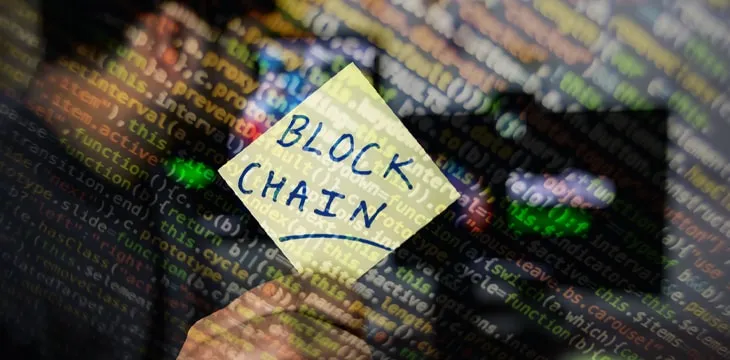|
Getting your Trinity Audio player ready...
|
The Monetary Authority of Singapore (MAS) has announced the completion of the testing phase for its blockchain payments network. Known as Project Ubin, the network was able to settle payments in different currencies on the same network and make use of smart contracts.
Singapore has been working on its blockchain network since 2016, with a goal of reducing payments costs, reducing friction in securities settlement, and using smart contracts to automate payments, among others. It has also been working on a digital Singaporean dollar. The MAS has conducted four test phases since 2016 to determine the viability of the network.
The fifth and final testing phase is now complete, the regulator announced in its report. Jointly released with state-owned investment firm Temasek, the report delved into how blockchain could make payments faster, cheaper and more convenient.
Project Ubin’s prototype, developed by Temasek and J.P Morgan, was validated by over 40 firms, both in finance and beyond, the report stated. It was able to settle payments in different currencies on the same network.
“An international settlement network, modelled after this payments network prototype, could enable faster and cheaper transactions than conventional cross-border payments channels,” the report stated.
Phase 5 also tested the viability of smart contracts on the network. They were used in delivery-vs-payment settlements with assets on private exchanges. They were also used in conditional payments in trade transactions and payment commitment for trade finance.
The report concludes that the blockchain network could transform “cross-border payments in multiple currencies, foreign currency exchange, settlement of foreign currency denominated securities, as well as integration with other blockchain-based platforms to enable end-to-end digitalisation across many industries and use cases.”
The Ubin payments network is based on five key features: issuance, transfer, redemption, conditional payments and reconciliation. The network issues a user with a digital token, such as the digital Singaporean dollar after he deposits fiat currency. The payments are then transferred to the recipients, who redeem them for fiat currency. It also supports conditional payments using smart contracts. The operators can then do a reconciliation to ensure that the tokenized balance matches the fiat deposits.
The report comes just days after the MAS claimed it was keen to cooperate with China on a CBDC project. The regulator’s managing director Ravi Menon recently said that Singapore welcomes any cooperation with the People’s Bank of China in its CBDC pursuit. The two are the most advanced in CBDC development in Asia.

 09-14-2025
09-14-2025 





